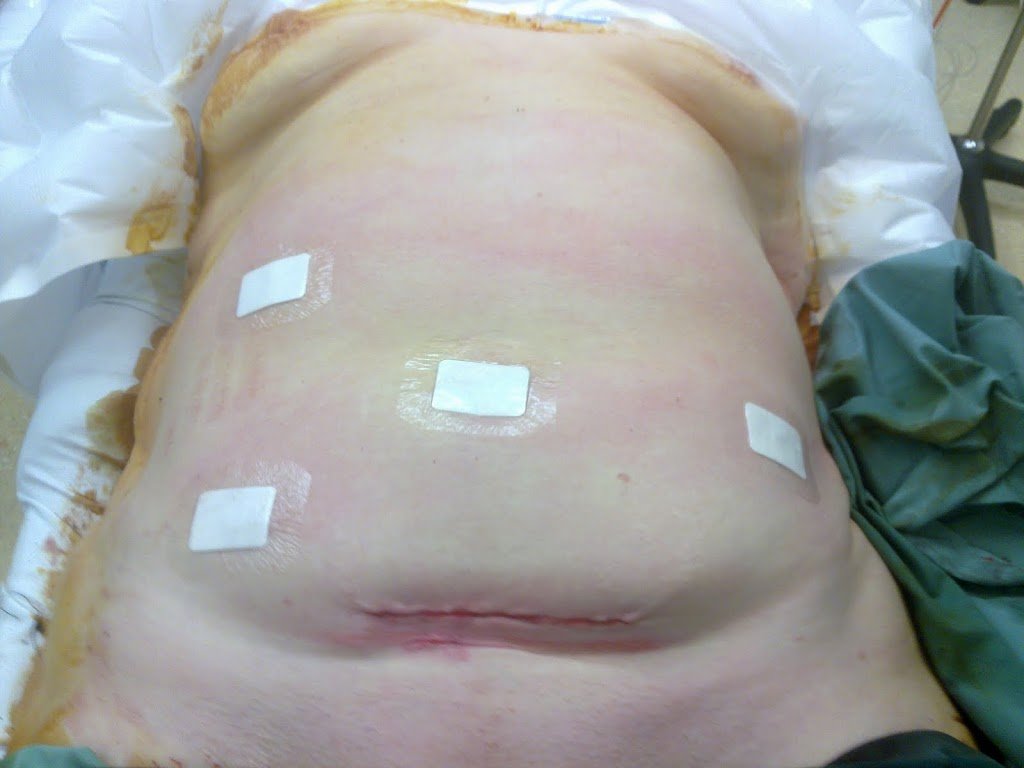Preparing for Major Bowel Surgery – What to Expect?
It is without doubt that undergoing minimally invasive bowel surgery either by laparoscopy or robotic surgery would achieve a speedier recovery as compared to traditional open surgery.
In the hands of experienced and high-volume colorectal surgeon Dr Terence Chua, majority of bowel surgery is performed by minimally invasive techniques. However, at times, in situations where there is cancer invasion into other adjacent organs an open approach would be safer, and the safety factor would be of utmost importance in the surgical decision making.
Major bowel surgery takes on average between 2 and 6 hours depending on the type of operation. The physical effects of the surgery results in a stress response that is analogous to running a marathon.
It is therefore important to prepare for this preoperatively by undergoing cardiovascular investigations, medical optimization of other associated conditions such as diabetes, and undergoing weight loss in obese individuals where possible.
These investigative tests where required will be organised and undertaken in conjunction with Dr Chua and his team of partnerships with collaborative physicians and anaesthetists.
In the weeks leading up to surgery, Dr Chua recommends exercising by brisk walking at least 30 minutes once to twice each day. He recommends consuming a high protein (fish, lean chicken, lean beef, lean pork, tofu) diet and minimizing carbohydrate in meals (reduce portions of rice, noodles, and pasta).
Post-surgery, there usually is a one night stay on the day of surgery in a surgical high dependency unit or intensive care unit.
Thereafter, daily blood tests, vital observation monitoring and daily physical examination will be performed by Dr Chua.
Postoperative pain is effectively managed with regular use of paracetamol 1g QID in addition to short acting opiates such as sublingual Buprenorphine or oral Endone tablets. Occasionally, longer acting opiates such as Targin is used for the first 2-3 days.
Following a modified Enhance Recovery After Surgery (ERAS) approach, early removal of drains and urinary catheters together with hourly use of incentive spirometer to aid in chest expansion and recuperation of lung tissue for oxygenation will be the priority in the first 24- 48 hours.
Early mobilization by sitting into a chair and transferring between chair and bed (day1) followed by short distance mobilization is (day2-4) is encouraged.
Bowel function is expected to recover after the 2 nd to 4 th day through passage of flatus. Dr Chua’s feeding regimen follows an initially slow (clear fluids only) to later accelerated approach (full diet when flatus is passed).
On average, the length of stay in hospital for patients undergoing major bowel surgery via the minimally invasive approach is 3-4 days and via the open approach is 5-6 days. Discharge from hospital is approved once bowel motion is passed.


